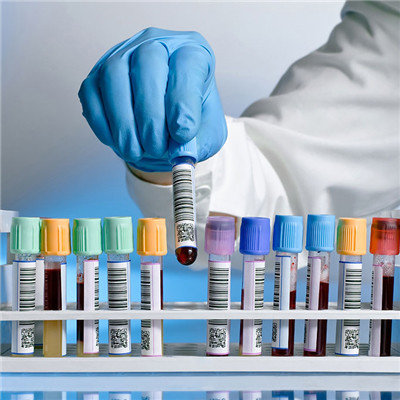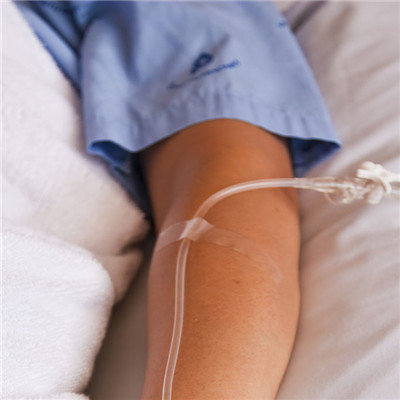How is neutropenia caused?
summary
Neutropenia is a group of syndromes caused by the decrease of the absolute value of granulocytes in peripheral blood. The absolute value of neutrophils varied with age and was 8 × 10 / L, 6 × 10 / L, the lower limit of 1-2 months after birth was 2.5 × 10 / L, and the normal lower limit was 1.5 to 1 year old × 109 / L until adulthood. How is neutropenia caused? Next, I'd like to share my views with you.
How is neutropenia caused?
Granulocytopenia caused by infection many kinds of virus or Rickettsia infection can produce leucopenia or granulocytopenia, such as viral hepatitis and infectious mononucleosis. Granulocytopenia occurs within 24-48 hours of onset and lasts about 3-5 days. Other infections such as measles, rubella, influenza, poliomyelitis, chickenpox and typhus are often accompanied by neutropenia. Some bacterial or protozoan infections, such as brucellosis, typhoid, malaria and Kala Azar, can cause neutropenia.

Phagocytosis of granulocytes occurs in reticuloendothelial system malignant proliferative diseases, such as malignant histiocytosis (malignant reticulum), malignant lymphoma, etc. Secondary splenic granulocytopenia is mainly seen in cirrhosis complicated with congestive splenomegaly, lymphoma, Kala Azar, malaria and Gaucher's disease, with pancytopenia.

Pseudogranulocytopenia is caused by the abnormal distribution of granulocytes. The granulocytes in the peripheral blood of the patients fluctuate widely and change rapidly, and there is no primary disease or repeated infection. It can be collectively referred to as benign granulocytopenia, including familial, congenital and pseudogranulocytopenia. Intermittent attack, moderate granulocytopenia, good process. When the velocity of blood flow slows down, granulocytes tend to attach to the wall of small vessels, resulting in the increase of granulocytes in the marginal cistern.

matters needing attention
Avoid or limit the use of drugs that may cause granulocytopenia as far as possible. When taking drugs that may cause granulocytopenia (non cytotoxic drugs), pay attention to weekly blood test. Patients with a history of drug allergy or drug-induced granulocytopenia or lack of history should avoid taking the same or similar drugs.












